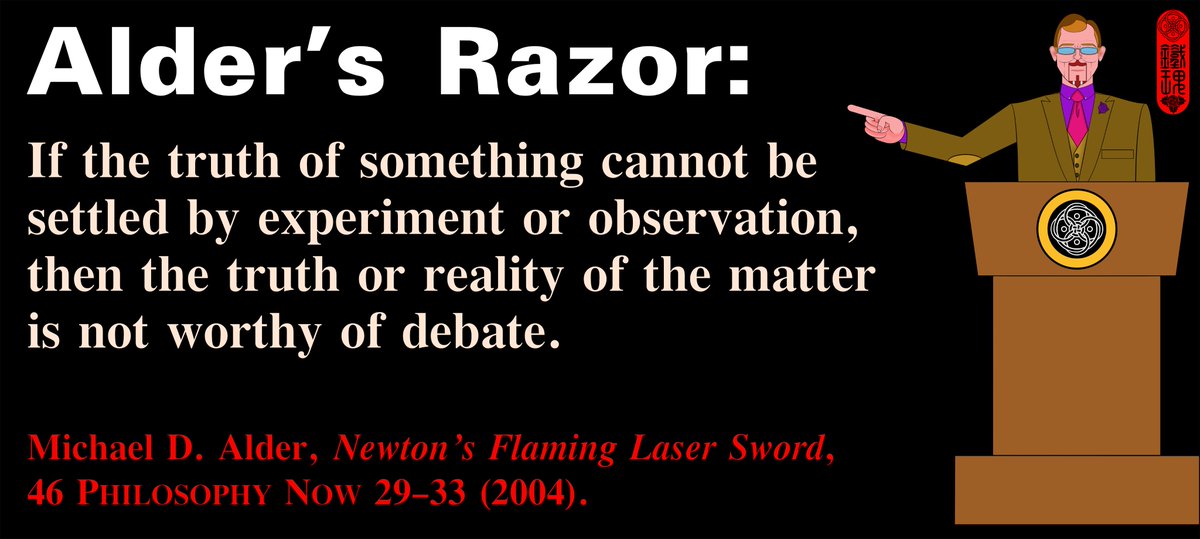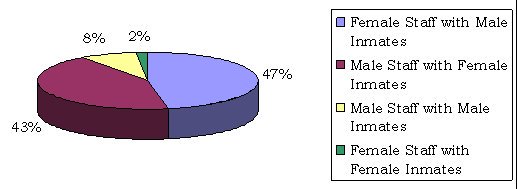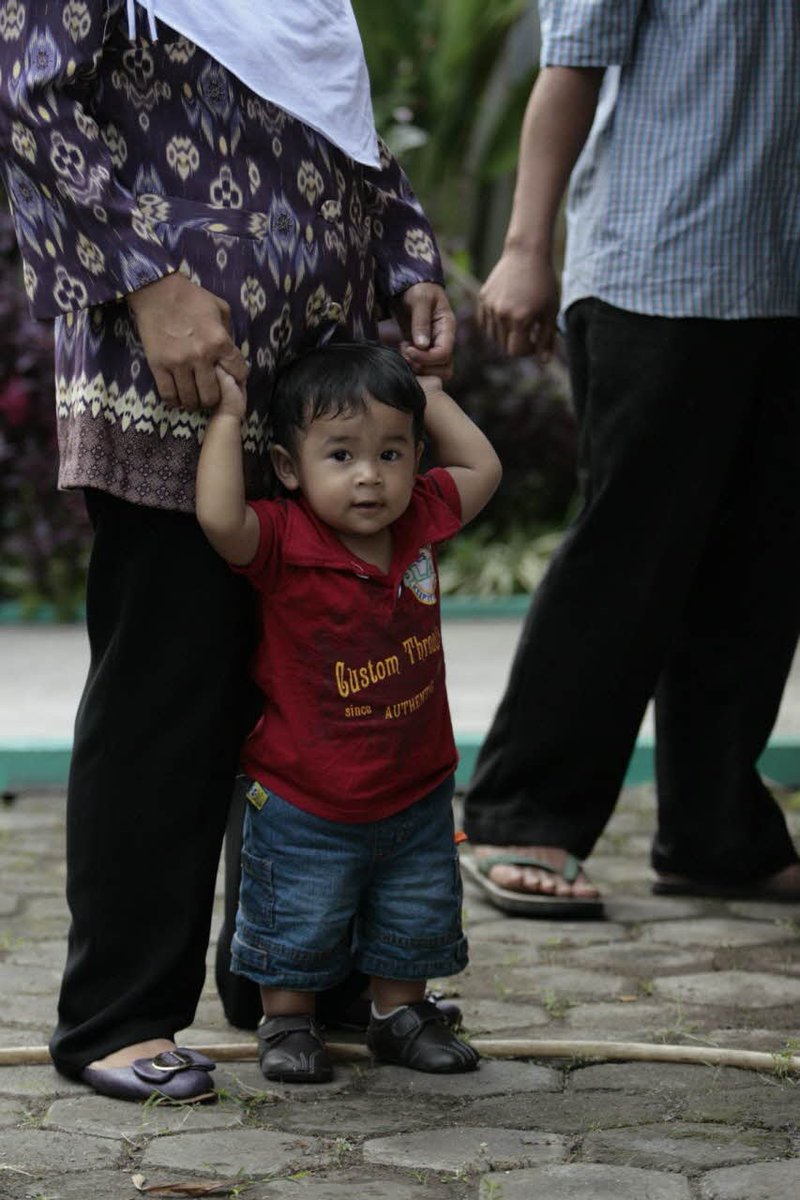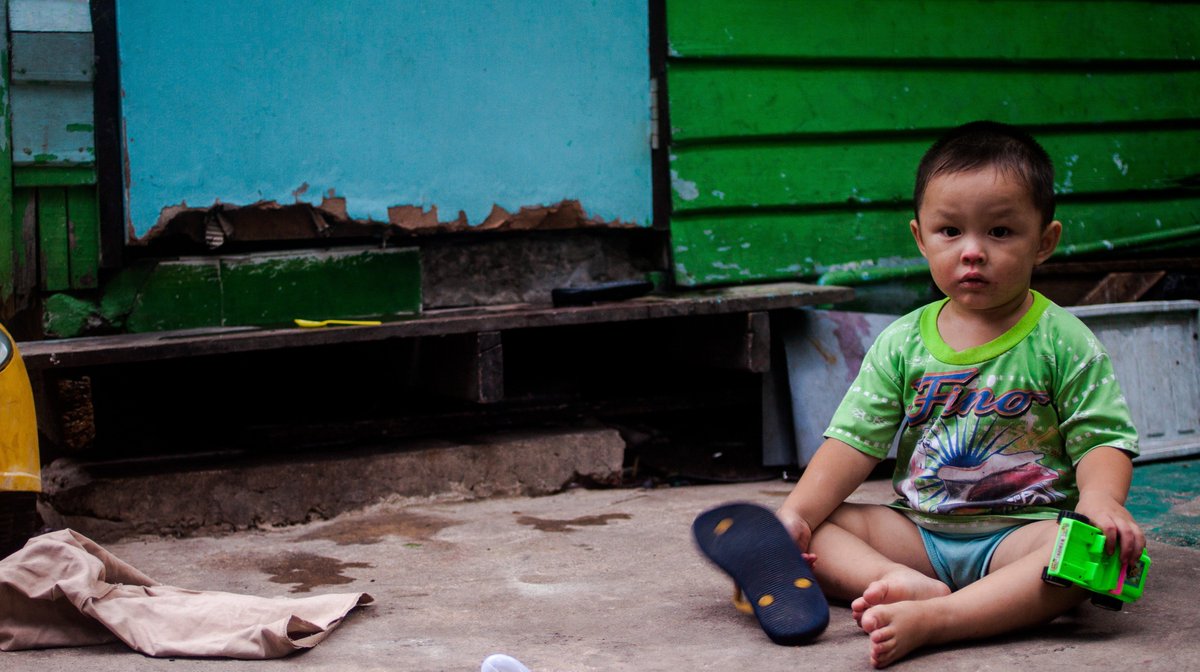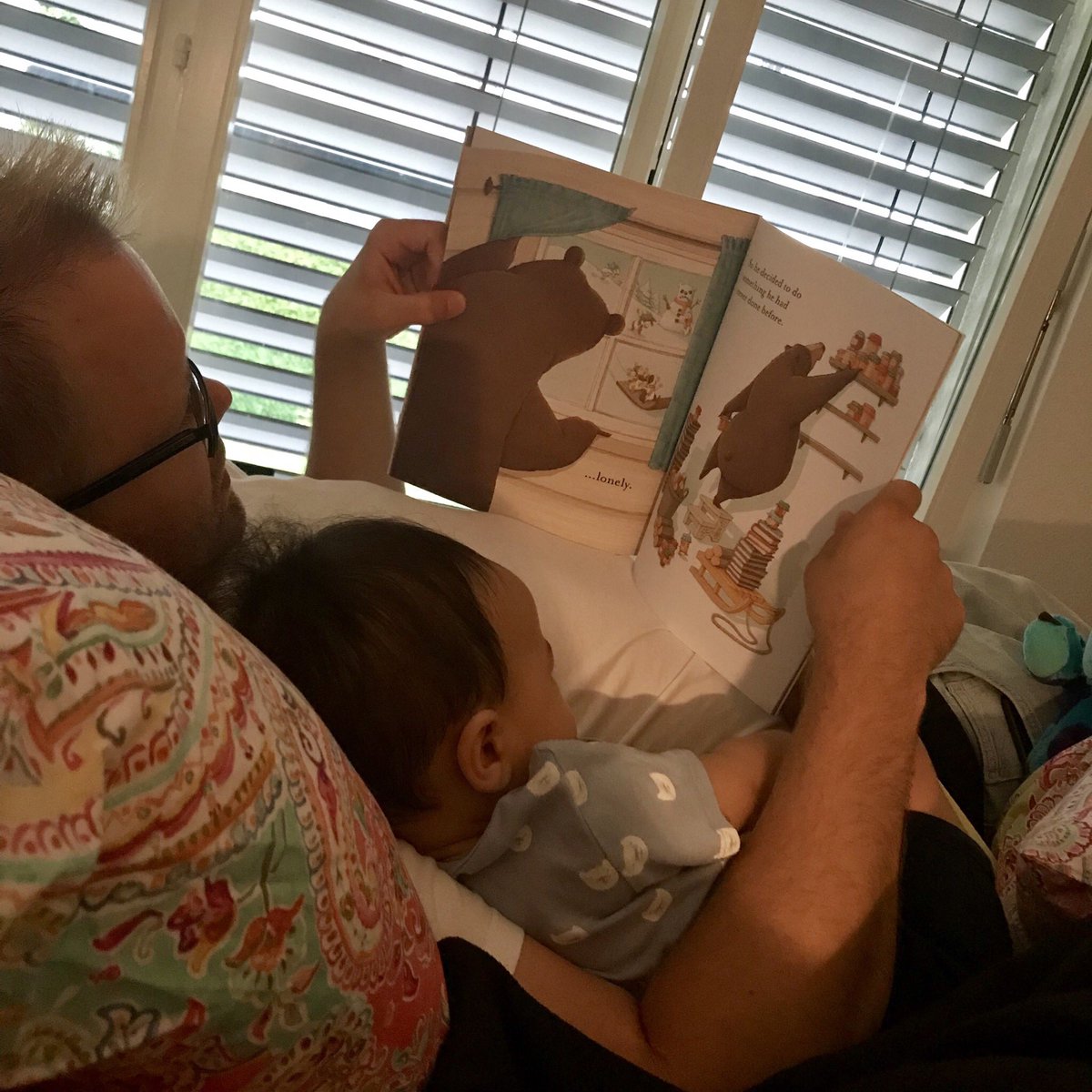The American 🇺🇸 shared parenting bills discussed herein don't ignore possible conflicts between fathers and children.
Not quite correct….
leginfo.legislature.ca.gov/faces/codes_di….
leginfo.legislature.ca.gov/faces/codes_di….
leginfo.legislature.ca.gov/faces/codes_di….
leginfo.legislature.ca.gov/faces/codes_di….
leginfo.legislature.ca.gov/faces/codes_di….
leginfo.legislature.ca.gov/faces/codes_di….
leginfo.legislature.ca.gov/faces/codes_di…
Shared custody involves both parents having significant periods of physical custody and being able to make the decisions relating to the health, education, and welfare of a child.
This is why the Florida bill and others like it allow the courts to make adjustments to accommodate the parents' and childs' schedules, etc.
Is this because a significant number of women decide to be stay-at-home mothers quitting their jobs rather than letting the fathers be househusbands or allowing both parents take less demanding jobs?
The Florida bill accounted for this, too.
Let's see why by looking at the text of the law itself.
flsenate.gov/Session/Bill/2…
"Absent good cause, it is the public policy of this state that the best interest of each minor child is served by… substantially equal time sharing with both parents."
flsenate.gov/Session/Bill/2…
Good cause is defined in Black’s Law Dictionary (2nd ed. 1910) as "sufficient grounds to act on" (thelawdictionary.org/good-cause/).
Not the Florida bill.
The citation provided therein is to the belief (not data) that it would "place victims of family violence and child abuse at further risk of harm."
